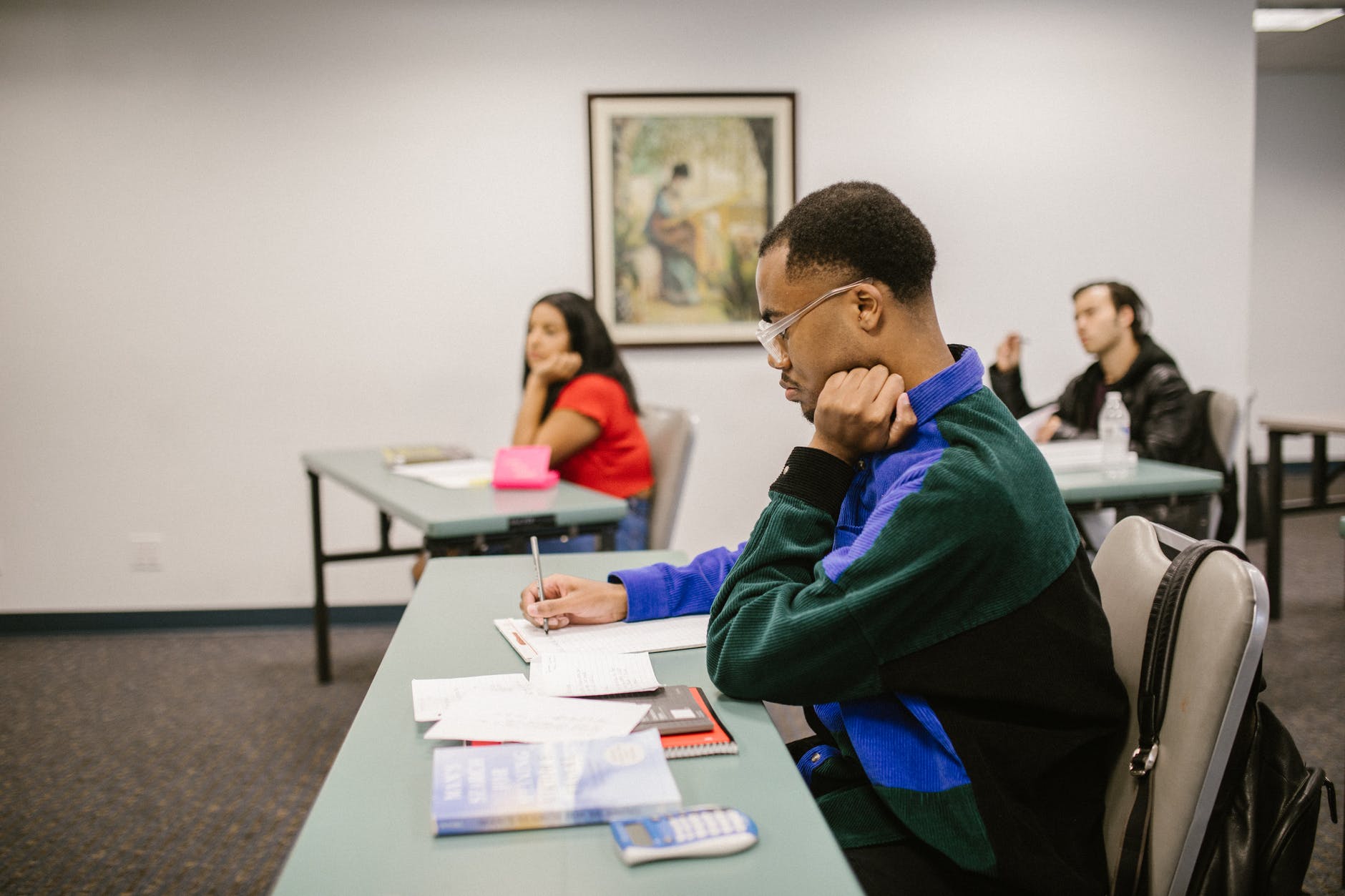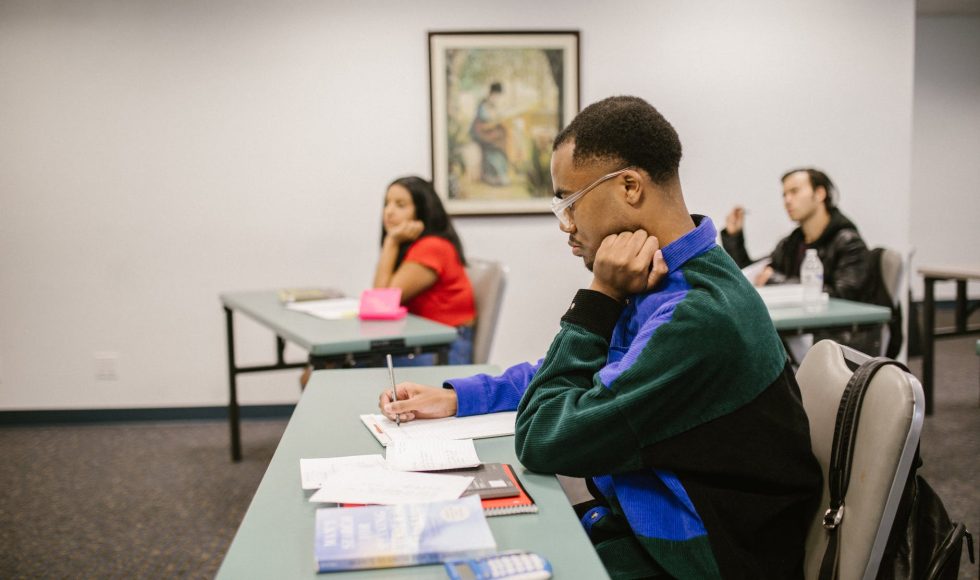As part of the 2020 SABER Diversity and Inclusion Efforts seminar series, Starlette Sharp from Penn State University and Dr. John Matsui from UC Berkeley presented last September on “Actionable steps toward equity in STEM.” Both Dr. Matsui and Sharp started with land acknowledgements for the lands and people on which their campuses now exist. It is interesting to me that Penn State University is on indigenous land and although there isn’t an official statement! Sharp is currently a Ph.D. student in science education after working in higher education for several years. I met Sharp at a SABER PEERs meeting (I think?) a while back… Matsui mentioned having a learning difference and being a first-generation college student. Matsui defined racial justice: “Racial justice is the systemic fair treatment of people of all races resulting in equitable opportunities and outcomes for all… and goes beyond “anti-racism”… by being proactive” from the Racial Justice in Education Resource Guide. Then Sharp had a simple slide that I really liked and made me think. I reproduce the text below:
Diversity = Number
Equity = How we get from diversity to inclusion
Inclusion = Feeling
Starlette Sharp, SABER Diversity and Inclusion Efforts discussion, September 2020
Sharp mentioned “our students are not broken; they are not projects; they are people… we must fix our institutions”. This is really powerful and thought-provoking. Matsui discussed reconciliation and reparation and that acknowledgement that wrong has been done is important. Sharp and Matsui facilitated a discussion and had data to start discussions. For this, they used word clouds from a survey of I believe 100 faculty. The first word cloud was for “categorizing and naming students”and what was startling was that the words minority, low-achieving, lazy, at-risk, underrepresented minorities were evident. Matsui mentioned that the trend was a “us vs. them” and “fixed mindset”… and negative. Individuals were given the opportunity to submit three words. Sharp also mentioned what defines “top” or selecting individual students. This aligns with recent LSE–CBE “Success for All” essay we read as part of the PALM journal club that considers what we define as success.
The next word cloud was based on the prompt soliciting input for troubling terms around advising, teaching, and mentoring students (~90 responses). Weed-out and dumb-down as well as pipeline stood out when I first looked at this word cloud. In the SABER PEERs group we talked about “broken pipeline” analogies (and a thought-provoking article) that are troublesome today. Matsui mentioned “curves” and “ranking” to decide who is “cut out” for these courses or careers. Sharp emphasized talent development is critical. Sharp asked: “How can we engage all?” and not just the ones that we have ranked as qualified. Matsui mentioned that as faculty we have to support change so that individuals change their practice. However, Matsui and Sharp both mentioned that incentives and rewards for culturally-relevant pedagogy are going to be important and must be considered.
The third word cloud presented how respondents defined student success. GPA was front and center. Tenure-track position and research were also there. Matsui mentioned that the qualitative and metacognitive aspects of student success were missing. “Using distance traveled and starting point considerations, this is success taken out of context” was a statement that Matsui mentioned that I had to think about. I think this is very telling and accurate. The presenters ended with a fantastic slide that included some of the information below:
- Start with the definition of success and work backwards, asking how to measure success!
- Leverage what is already in place and near-term opportunities
- Inventory what you think, know, and can prove/have evidence
- Associate with “critical friends” (I have never thought about it this way!)
- Remember the “why” as we shoulder the “cost”, evidence may be necessary yet not sufficient, and… this is a marathon not a spring.
Sharp said “these are all of our students” and “stop thinking about fixing students… think of everyone who walks into your class as a rockstar… to make them the best them they can be!” Oh this is awesome! I enjoyed rewatching this session and hope to hear more from Matsui and Sharp. I know they’ll have actionable steps to improve not our students, but and improve the experience to make everyone the best them that they can be.



